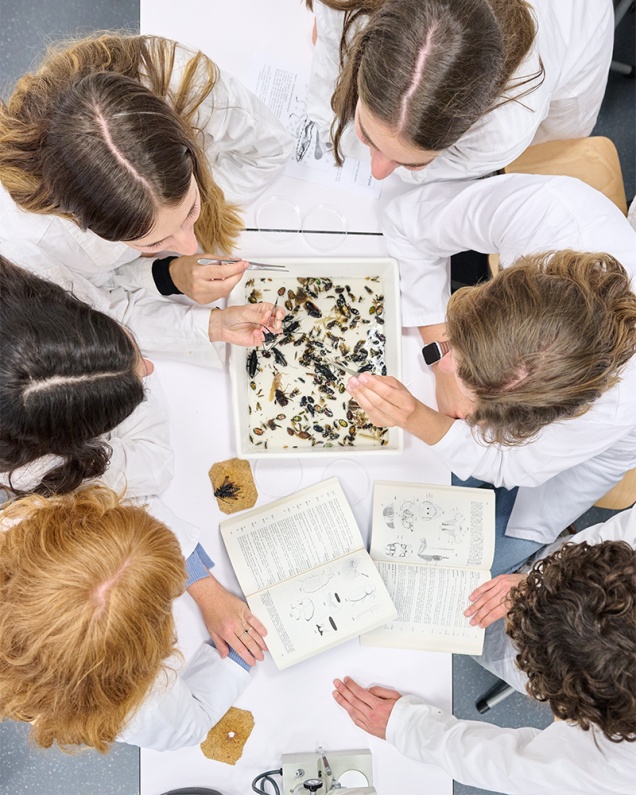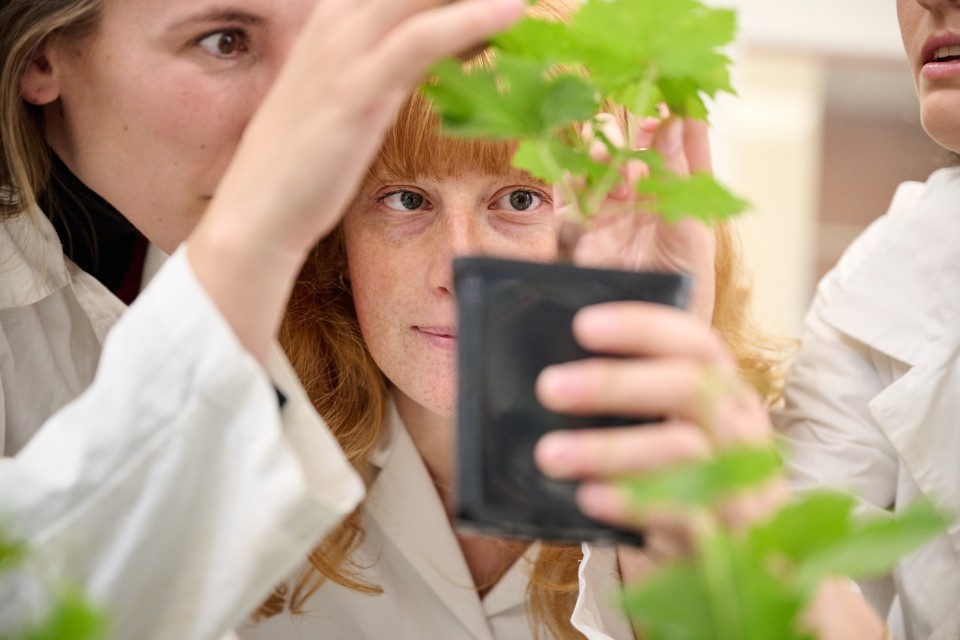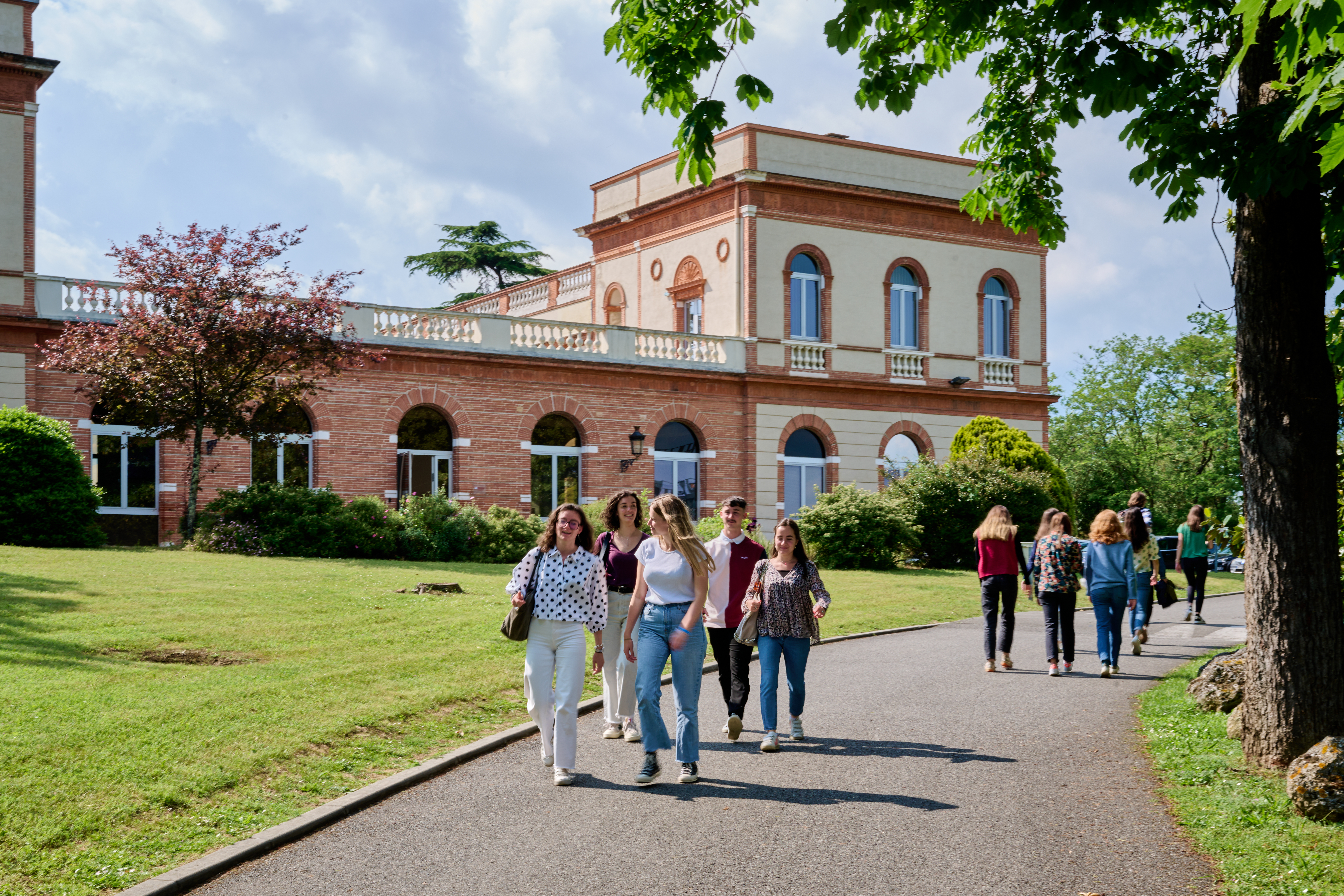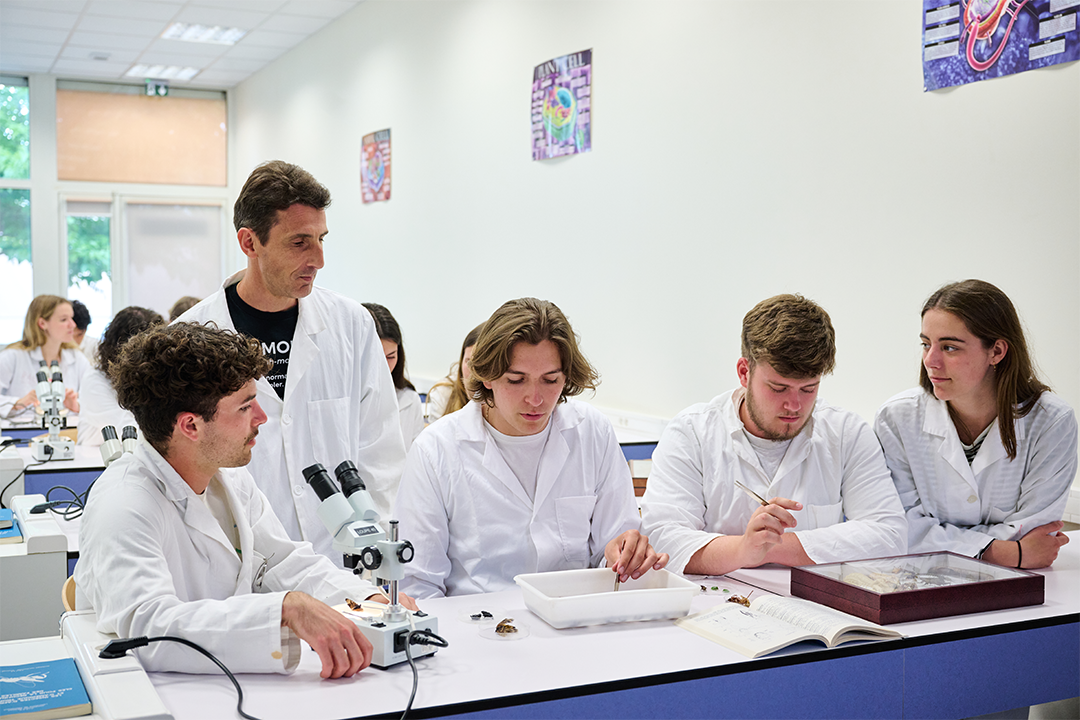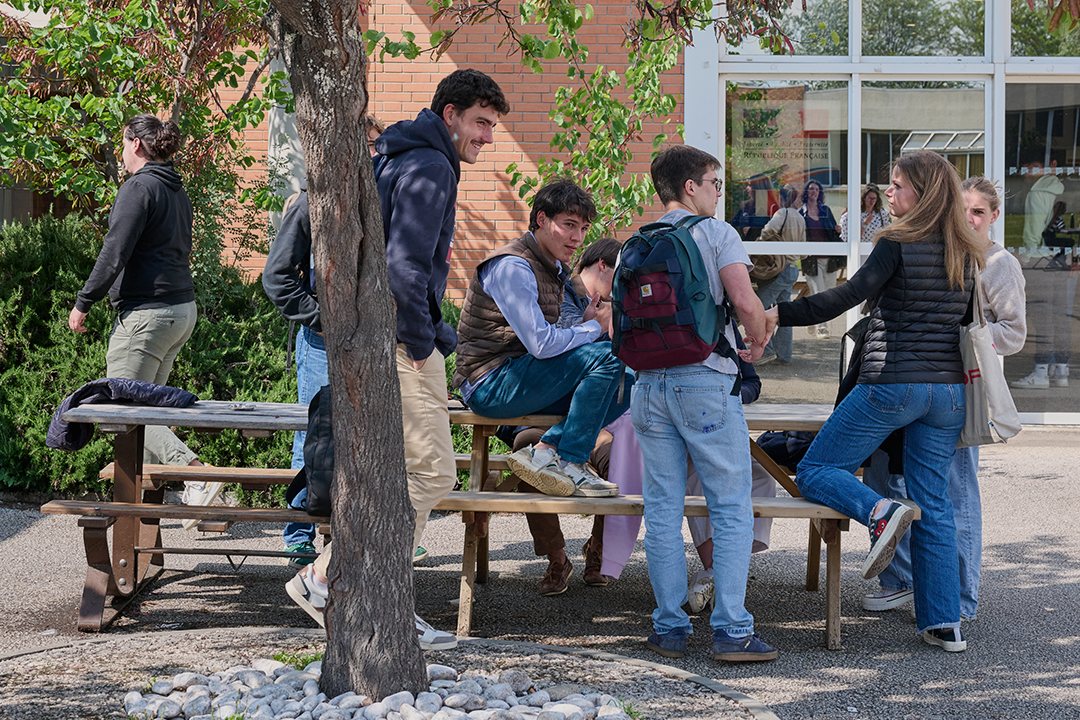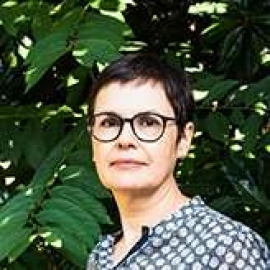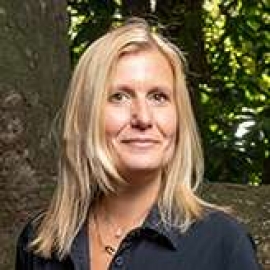L'alternance, le choix d'une offre d'excellence
Un double tutorat
Tout au long de leur cursus en alternance, les étudiant(e)s / apprenti(e)s bénéficient d’un double tutorat :
• en entreprise par le maître d’apprentissage
• à l’École d’Ingénieurs de PURPAN par un(e) enseignant(e)(chercheur(e)) attitré
Les deux tuteurs définissent ensemble les activités de formation qui sont adaptées au cas par cas, à l’entreprise et au projet professionnel de l’apprenti(e). Chaque tuteur guide l’apprenti(e) dans le déroulement de sa formation en entreprise ou à l’École.
Pour une progression régulière et optimale tout au long de la formation de l’apprenti(e)-ingénieur(e), les périodes de liaison permettent d’articuler efficacement les périodes en entreprise et les périodes à PURPAN.
Les étudiant(e)s alternant(e)s reçoivent le diplôme d’ingénieur de l’École de PURPAN, s’ils ont répondu à l’ensemble des exigences, à savoir :
– L’obtention d’un score minimum de 785 points au TOEIC
– La réalisation d’un stage de 9 à 12 semaines à l’international
– La rédaction d’un mémoire de fin d’études (MFE)
En fin de contrat, les entreprises peuvent émettre une offre de poste aux jeunes ingénieur(e)s.
Dans le cas contraire, les deux parties ne donnent pas suite à leur collaboration.
